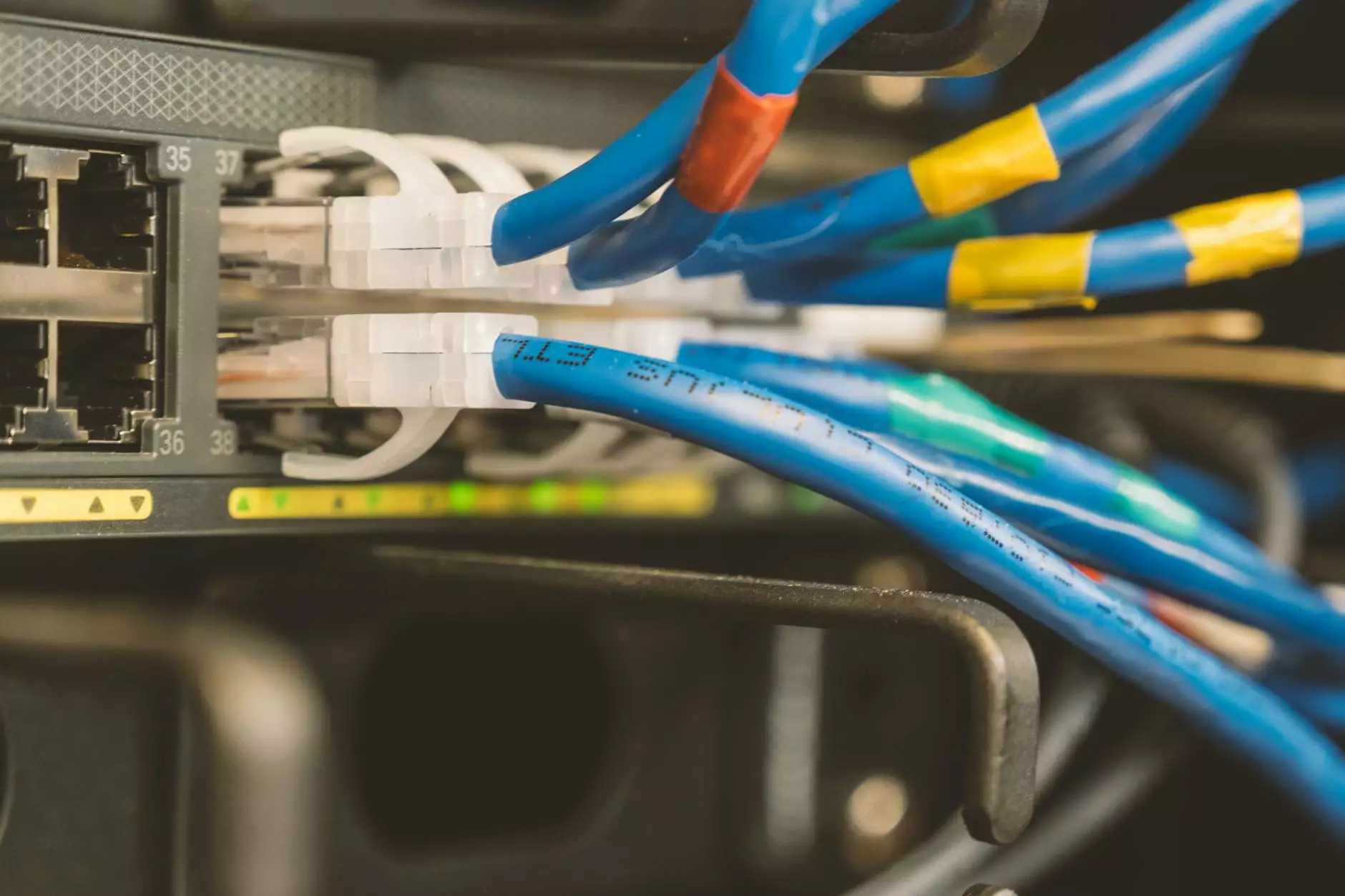Corporate Anti Phishing: Safeguarding Your Business

In today's digital landscape, the concept of corporate anti phishing has become increasingly vital for businesses of all sizes. The rise in cyber threats, particularly phishing attacks, has made it essential for organizations to adopt comprehensive security measures. This article delves into the significance of corporate anti phishing strategies, the types of phishing attacks, preventative measures, and how companies can implement effective policies to protect their sensitive information.
Understanding Phishing Attacks
Phishing is a malicious practice where attackers impersonate legitimate organizations through emails, messages, or websites to steal sensitive data such as usernames, passwords, and credit card details. These attacks deceive users into clicking on fraudulent links or attachments that often lead to malware installation or data breaches.
The Evolution of Phishing
Originally, phishing scams were relatively straightforward, often consisting of poorly crafted emails from unknown sources. However, as technology has advanced, so too have the tactics employed by cybercriminals. Today’s phishing schemes can be highly sophisticated, utilizing personalized emails and social engineering tactics to trick even the most vigilant employees.
Types of Phishing Attacks
- Email Phishing: The most common form, involving fraudulent emails that mimic trusted sources.
- Spear Phishing: Targeted attacks directed at specific individuals or organizations.
- Whaling: A type of spear phishing that focuses on high-profile targets like executives.
- Smishing: Phishing conducted through SMS messages.
- Vishing: Voice phishing, where attackers use phone calls to trick victims.
Recognizing the different types of phishing attacks is crucial for developing effective corporate anti phishing strategies. Each type requires a tailored approach to mitigate its risks.
The Importance of Corporate Anti Phishing
Implementing robust corporate anti phishing measures is not merely a recommendation; it is a necessity for any organization. Here are several reasons why:
Data Protection
Organizations hold vast amounts of sensitive data, from personal information of customers to proprietary business insights. A successful phishing attack can compromise this data, leading to severe repercussions.
Financial Security
Phishing attacks often result in significant financial losses. Whether through direct theft, fraud, or the costs associated with data breaches, the financial impact can be devastating. Investing in corporate anti phishing strategies can save companies costly recovery measures.
Reputation Management
Trust is a vital asset for any business. A successful phishing attack that targets clients can damage a company’s reputation permanently. Maintaining a strong anti phishing stance demonstrates to customers that their security is a priority.
Compliance with Regulations
Many industries are governed by strict regulations regarding data protection, such as GDPR or HIPAA. Failure to implement appropriate security measures can lead to legal penalties. Corporate anti phishing measures ensure compliance with these essential regulations.
Implementing Effective Corporate Anti Phishing Measures
To establish a solid defense against phishing attacks, businesses must adopt a multi-layered approach. Here’s how organizations can implement effective corporate anti phishing strategies:
1. Employee Training and Awareness
The first line of defense against phishing attacks lies in employee awareness. Training programs should cover:
- Identifying phishing emails and messages.
- Understanding the importance of verifying unknown communications.
- Safe handling of sensitive information.
- Encouraging employees to report suspicious activity.
Regular training refreshers and simulated phishing exercises can help reinforce this knowledge.
2. Implementation of Advanced Security Protocols
Utilizing advanced security technologies can drastically enhance protection against phishing attempts. Consider the following tools:
- Email Filtering Software: Filters out suspicious emails before they reach employees’ inboxes.
- Multi-Factor Authentication (MFA): Adds an additional layer of security to accounts, requiring a second form of verification.
- Website Security Measures: Implement SSL certificates and regular monitoring for fraudulent sites.
3. Regular System Updates
Ensure that all systems, software, and security measures are up-to-date. Cybercriminals exploit vulnerabilities in outdated software, so keeping all devices regularly updated can mitigate that risk.
4. Incident Response Plan
Despite the best protective measures, breaches can occur. An effective incident response plan will enable businesses to respond swiftly and efficiently to any phishing attack. Key components of this plan should include:
- Identification of the breach.
- Containment strategies to minimize damage.
- Assessment of the incident and communication with affected parties.
- Post-incident review to enhance future defenses.
Monitoring and Continuous Improvement
Cybersecurity is not a one-off effort but requires continuous monitoring and improvement. Businesses should regularly review their anti phishing strategies and incorporate feedback from employees and incident reports.
Performance Metrics
Establishing performance metrics to assess the effectiveness of your corporate anti phishing measures is crucial. Key performance indicators (KPIs) may include:
- Number of phishing attempts identified and reported.
- Employee engagement in training programs.
- Response times to suspected phishing incidents.
Staying Informed on Cyber Threats
The cybersecurity landscape is continuously evolving. Businesses should stay informed about the latest phishing techniques and trends to adapt their defenses accordingly. This can be accomplished through:
- Subscribing to cybersecurity news outlets.
- Joining professional organizations dedicated to information security.
- Participating in webinars and workshops focused on threat awareness.
Conclusion
In conclusion, the implementation of effective corporate anti phishing strategies is essential for protecting businesses from the ever-increasing threat of phishing attacks. By focusing on employee training, leveraging advanced security technologies, maintaining compliance, and fostering a culture of vigilance and response, organizations can safeguard their sensitive information and preserve their reputation. The Digital Era demands proactive measures—every business must prioritize cybersecurity to thrive in today's environment.
Investing in anti phishing strategies is not just a technological need; it represents a commitment to ongoing business integrity and trustworthiness in the eyes of customers and stakeholders alike. Remember, in cybersecurity, it is better to be safe than sorry.



